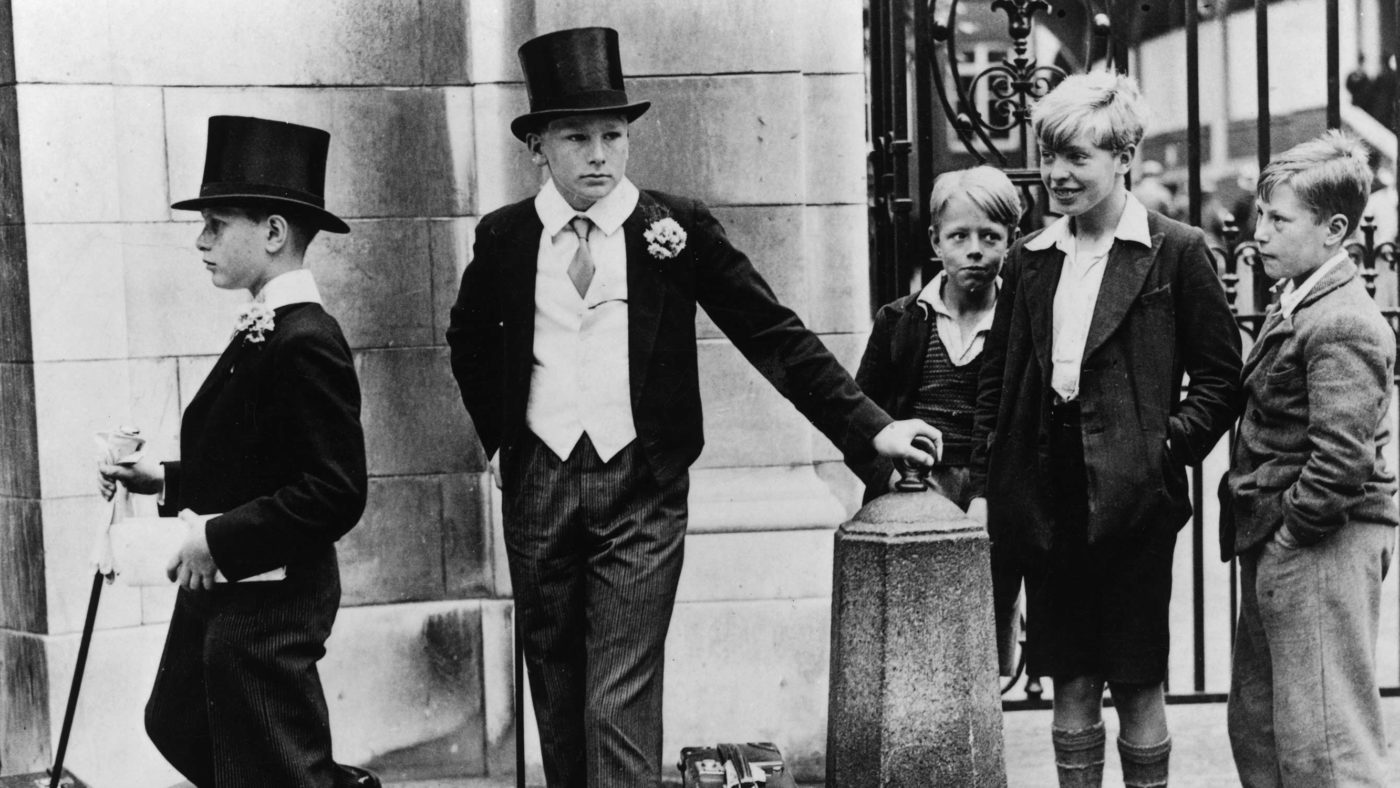Given that inequality is supposedly the great horror de nos jours, it’s worth pointing out what is actually happening – what is really causing the pained screaming from the Left. The truth is that inequality of lifestyles is compressing, not expanding. However, the inequality of what the vocal classes think is important is increasing, hence their wailing.
Nearly all of us have a roof over our heads. Those few thousand people who are sleeping rough aren’t there because of a lack of roofs, but as a result of some combination of addictions, mental health problems, or are there extremely temporarily. The poor’s biggest food problem is obesity and absolutely all of us are clothed.
It’s only in the past few decades that any society has been able to claim those victories. The digital revolution also is compressing inequality – we all, even those using the library computers – have equal access at an equal price to Facebook et al. And as the TUC itself has pointed out, once we include in taxes and benefits those who gain from public spending itself, we have something like a 4:1 multiplier between the richer and poorer households when we measure by the only thing which really counts, consumption. We’re really a very much more equal society than the bare numbers usually presented tell us we are.
True, people such as Richard Reeves tell us that the upper middle classes are hoarding all the opportunity over in the US, and that we should assume the same is happening here too. But the strength of his argument does rather fade when we discover that social mobility here and there is not dissimilar from that in Sweden or Denmark. So whatever’s causing the stagnation, it’s obviously not the paucity of the welfare state.
At which point Nick Cohen gets to the nub of what is really happening. Support for Corbyn and support for the idea that the entire system is wrong and needs to be torn up and started again, is really coming from the members of the professional – that is the upper middle – classes who are not doing so well in this current system. The bureaucratic salariat hasn’t seen incomes rise at the same rate as others with the same sort of educational background. That’s the pernicious envy which is driving the conviction that the system is wrong.
For the basic truth is that the gap between the top 9 per cent, or the top 19 per cent if you prefer, and the bottom 80 per cent hasn’t changed very much. What has happened is that the 1 per cent are moving, soaring, away from the 9 or 19 per cent. The top 0.1 per cent from the 1 per cent as well.
It is, much to my surprise, Danny Dorling who best expressed this. Surprise because I didn’t expect him to be quite so open about it. His whole book points out that the actual problem is among those already on top of the pile. It’s about positional goods, relative placings – not about what anyone would really think of as inequality at all.
It wasn’t so long ago that getting to the top of any professional pile in the UK meant much the same sort of outcome in a financial sense. Yes, OK, the City boys might have a bit more money, but others would get gongs instead and so on.
The net effect of being in the elite was roughly the same. That nice big house in London plus possibly a little place in the country went along with being the sort of professor who sits on government inquiries, being in the City, being a top barrister, Cabinet Secretary, a leading author, a newspaper editor and so on and on. As Joan Bakewell has repeatedly pointed out, being an arts presenter for the BBC used to bring that Primrose Hill des res.
But this is no longer the case. The financiers and the CEOs now make multiples of the incomes of those others who climbed different greasy poles. Those positional goods, the ones in short supply, now go to those who went into trade rather than those more valuable, intellectual, pursuits. Dorling of course thinks this is all terrible – but both he and Cohen are right in the basic description.
The rise in inequality is really between those who used to be the winners in the haute bourgeoisie. Today there’s a divide in the outcome, a stark one by past standards, and that’s what is driving the vituperation and the complaining.
Of course, this will never do, will it, those who only make money being the people who have the money to buy nice things? Thus the calls for the change to the system, so that the nomenklatura get their traditional look in at the finer things in life.
The rise in inequality is really between different elements of the 1 per cent – it’s no wonder the complaining is so vicious.


